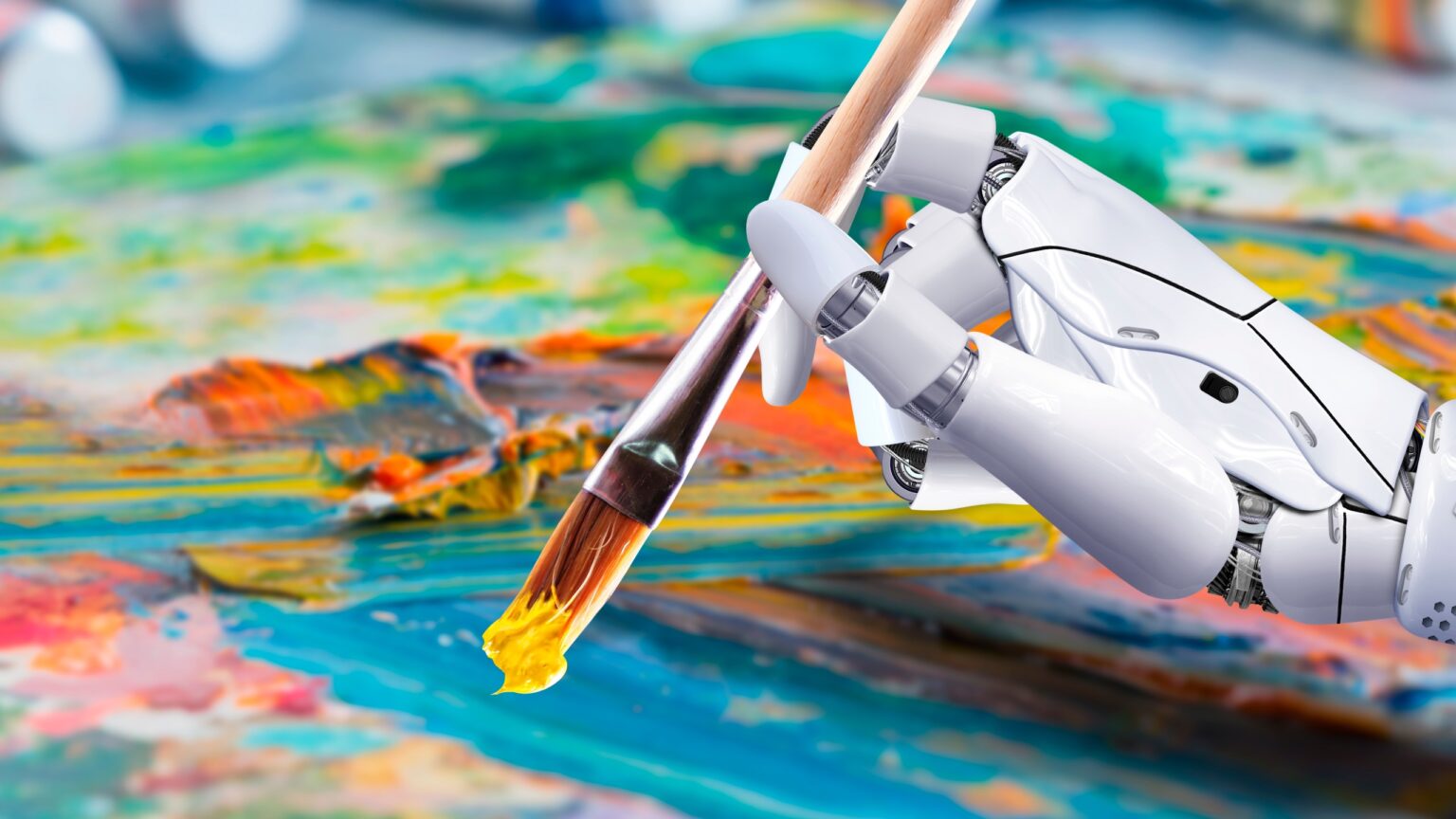The impact of artificial intelligence (AI) on the film and television sectors has sparked debates as the entertainment industry navigates its shift into the digital era.
Consequently, the Alliance of Motion Picture and Television Producers (AMPTP) recently unveiled a detailed proposal addressing concerns from striking writers and actors.
This step comes after the entertainment industry’s growing interest in applying artificial intelligence (AI). Consequently, it’s no surprise that the proposal focuses on AI’s role and data transparency within the Hollywood ecosystem.
The latest from the WGA Negotiating Committee in response to AMPTP counteroffer. #WGAStrong #WritersStrike pic.twitter.com/pmEQbjAEEw
— Scott Myers (@GoIntoTheStory) August 23, 2023
AMPTP’s Stand on AI and the Writers’ Concerns
The crux of AMPTP’s proposal revolves around the utilization of generative AI in the entertainment sector. Significantly, the guidelines clarify that any content created by this AI won’t enjoy literary or intellectual protection. Consequently, AI will only wear the coveted title of ‘writer’ in Hollywood’s hallowed halls for a while.
Moreover, AI’s involvement in script creation raises the question of credit and compensation. According to the AMPTP, while studios can leverage AI-produced scripts as foundational material, any writer tasked with refining these scripts will earn a bonus befitting an original author. Additionally, studios must now divulge if a script originated from AI when reaching out for writer collaboration.
This recent proposal came into the spotlight after initial vague declarations on August 11, which left out critical specifics demanded by the striking community. This withholding of information did little to quell the anxiety of the Writers Guild of America, which has been advocating for stringent AI regulations.
Scabby won’t let AI write, or rewrite, their script. #WGAStrike #1u https://t.co/nTebf308YV
— Writers Guild of America, East (@WGAEast) May 3, 2023
The guild’s persistent stance emphasizes AI’s potential threat to traditional writing standards, encompassing compensation, residuals, and credit. Their concerns are grounded in a vision where AI doesn’t disrupt writers’ pivotal roles in the entertainment assembly line.
Ellen Stutzman, a leading voice for the WGA, rightly points out that the human touch in storytelling should remain unchallenged, and the notion of AI as a “plagiarism machine” has found resonance within the guild.
Besides the AI-centric stipulations, the AMPTP’s proposal has extended an olive branch in data transparency. The offer promises writers quarterly confidential reports detailing viewership metrics for subscription videos on demand. However, this transparency doesn’t extend to advertisement-driven or transactional videos. These incremental changes are envisioned to aid the WGA in reshaping the existing SVOD residual landscape in the foreseeable future.

Challenges in the entertainment industry’s transition to AI
Despite the AMPTP’s efforts to strike a balance, Hollywood’s affair with AI doesn’t end with the writers. The Screen Actors Guild-American Federation of Television and Radio Artists (SAG-AFTRA) has also raised eyebrows over AI proposals.
One such contentious suggestion entailed scanning background performers, compensating them for just one day, and then allowing companies unfettered rights over the scanned images and likenesses. This proposition, labelled by some as anything but groundbreaking, hints at a future where an actor’s digital identity could be at the mercy of production houses.
This collective resistance against unrestrained AI adoption isn’t unique to Hollywood. The music industry, represented by stalwarts like Universal Music Group, has expressed skepticism over AI’s infiltration.
UMG has proactively urged music streaming giants like Spotify and Apple Music to block AI-generated tunes, highlighting concerns over intellectual property rights violations.
As Hollywood grapples with the specter of AI, the path forward is riddled with challenges. The AMPTP’s proposal, while a step in the right direction, is merely a starting point in an intricate dance between technology and tradition. The entertainment industry’s resilience will be tested as it navigates this new frontier, aiming to preserve human creativity’s sanctity while adapting to AI’s undeniable allure.









 and then
and then